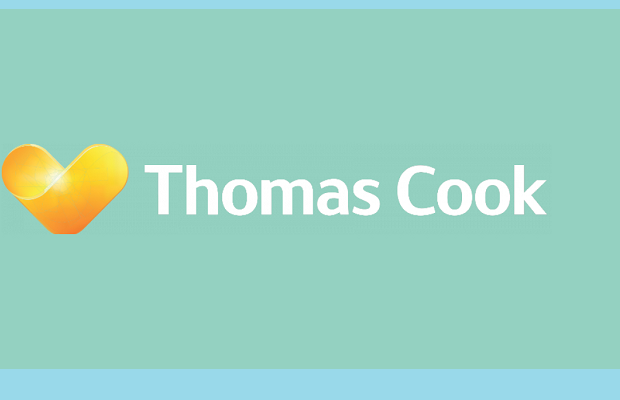Thomas Cook has ceased trading with immediate effect, as the package holiday giant succumbed to rising competition and consumers booking more online.
The company collapsed after last-ditch attempts to save the company failed, and the UK Civil Aviation Authority (CAA) said the tour operator has “ceased trading with immediate effect”, putting more than 20,000 jobs at risk worldwide and triggering the biggest ever peacetime repatriation.
More than 150,000 British holidaymakers need to be brought home, with the government and CAA hiring dozens of charter planes to fly customers home free of charge.
The tour operator’s troubles go back much further – a victim of a disastrous merger in 2007, ballooning debts and the internet revolution in holiday booking. More recently, Brexit uncertainty and the fall in the value of sterling also contributed to the collapse.
In May, the group reported a £1.5bn loss, with more than £1bn written off from the 2007 merger with MyTravel – better known for its brands Airtours and Going Places.
That deal was supposed to create a European giant, promising £75m-a-year cost savings and a springboard to challenge emerging internet rivals. In reality Thomas Cook was merging with a company that had only made a profit once in the previous six years, and the deal saddled the group with huge debts.
The company’s collapse is not because the British have stopped taking holidays. in fact, 60% of the population took a holiday abroad in 2018, up from 57% the year before. It is how people are taking holidays that has changed, with the number of city breaks now significantly outstripping beach holidays.
The beneficiaries are Ryanair, easyJet and Airbnb, with all of their customers booking online. The losers are package holiday companies shackled to expensive high street chains. Thomas Cook owns about 560 high street outlets.
Just one in seven of Brits now go into a high street travel agency to buy a holiday, according to travel agent trade body Abta. Those who do tend to be over 65, and in lower socio-economic groups, with less money to spend.
Anglo-German group Tui, Thomas Cook’s biggest rival, has suffered from similar trends, issuing several profit warnings during 2019. But it has much smaller debts, owning many of its own hotels and cruise ships, and arguably could see an uplift as it takes on former Thomas Cook customers, at higher prices.
Health Secretary Matt Hancock said there was no “Brexit connection” despite businesses dangling in uncertainty and the value of the pound – which has plummeted since the 2016 EU referendum – hitting UK holidaymakers.
The Cabinet minister instead blamed the crisis on Thomas Cook’s “long term problems as a business” as its model is left out of date by the internet.
Hancock’s comments do match recent reports on Thomas Cook, which have stressed the firm had been hit by high debt levels, online rivals and geopolitical uncertainty.
However, Thomas Cook itself also warned uncertainty around Brexit was hitting bookings industry-wide four months ago.
In a statement announcing a loss of more than £1bn on May 16, the firm said: “In the UK, the political uncertainty related to Brexit over recent months has led to softer demand for summer holidays across the industry.
The company’s chief executive, Peter Fankhauser, said in a statement read outside the company’s offices Monday morning that he deeply regrets the shutdown.
“Despite huge efforts over a number of months and further intense negotiations in recent days we have not been able to secure a deal to save our business,” he said. “I know that this outcome will be devastating to many people and will cause a lot of anxiety, stress and disruption.”
